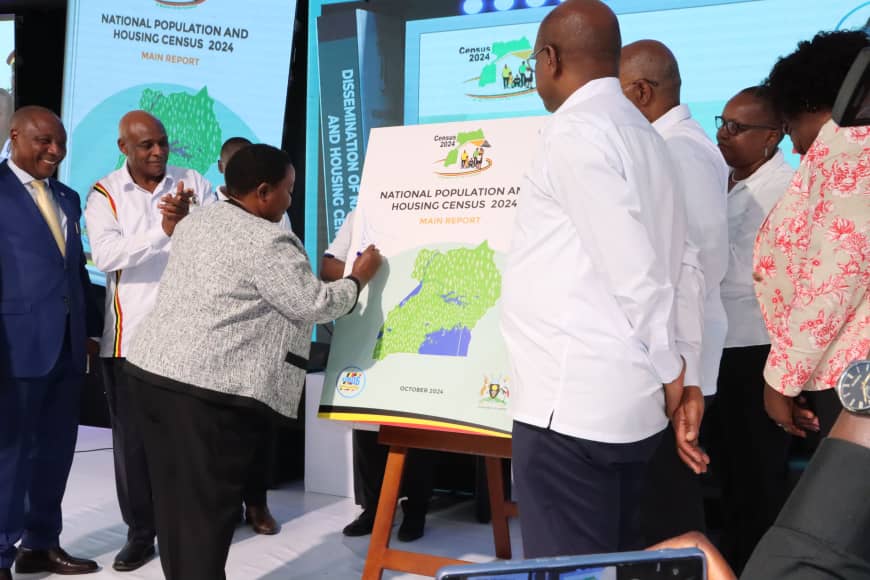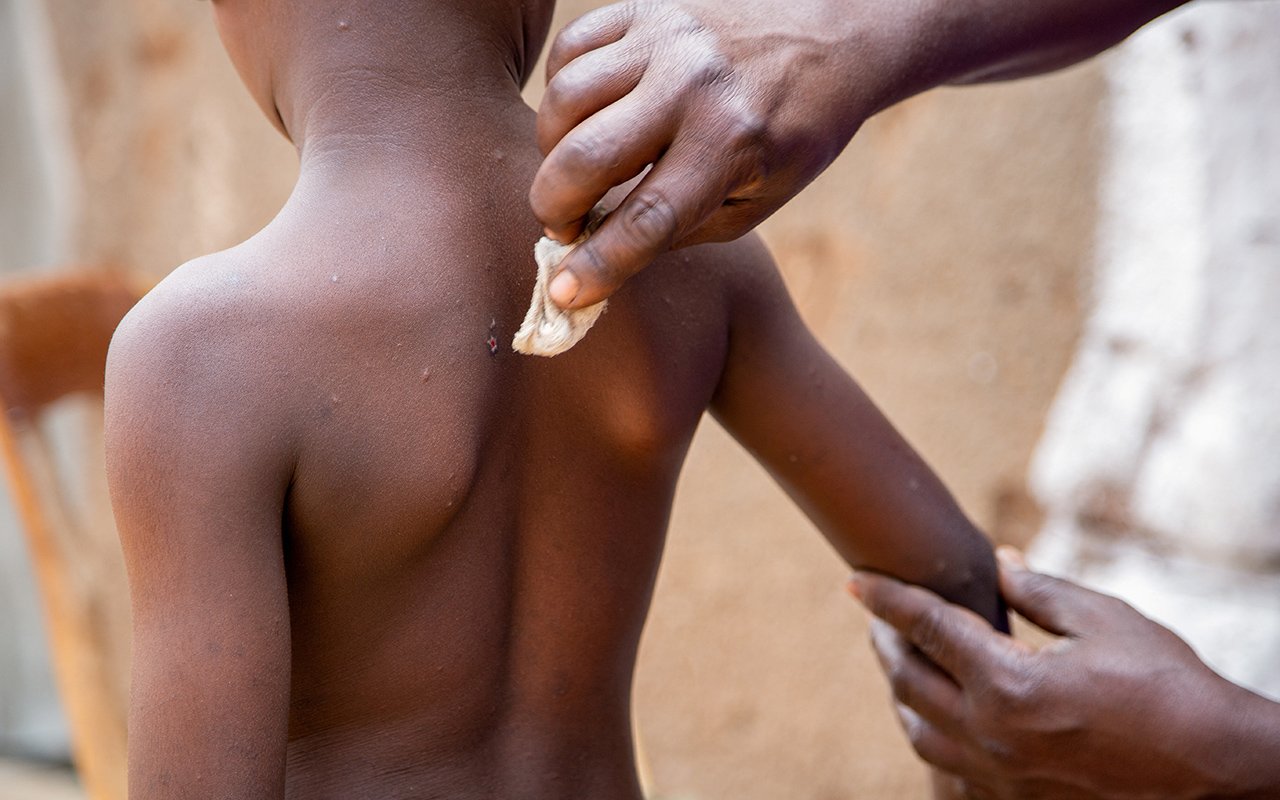IGG recovers Shs2.3b in confiscated assets of thieving public officials

The Speaker of Parliament, Ms Anita Among (right), receives a Bi-annual Performance Report from the Inspector General of Government (IGG), Ms Beti Kamya, at Parliament yesterday. PHOTO/DAVID LUBOWA
What you need to know:
- Ms Kamya also pointed to other challenges including high turnover of staff due to remuneration concerns which takes away much-needed expertise.
The Inspectorate of Government was able to recover Shs2.3b in confiscated assets of thieving public officials in the first half of the year, compared to the Shs15.7b marked for recovery.
The revelation was made by the Inspectorate of Government, Ms Beti Kamya, while presenting the bi-annual report of her performance in fighting corruption from January to June to the Speaker of Parliament, Ms Anita Among.
In 2023, Shs8.4b was recovered out of the 25.9b recommended for recovery.
A 2021 report by the IGG shows the country loses up to Shs9.1 trillion annually to corruption, making the recoveries a drop in the ocean
Ms Kamya attributed the low recoveries to chronic underfunding of her operations that has handicapped the institution. She appealed for an increment of her budget, the provision of a new fleet of vehicles and equipment for efficiency.
“We are terribly under-resourced, there are 380,000 public servants and we are supposed to follow up with each one. But the resources that are allocated for this function are very small compared to the load,” Ms Kamya told Parliament.
She added: “IG has only 16 regional offices while similar bodies like the Auditor General have a presence in every district. We have about 150 offices. You can see the level of commitment of facilitation that is given to the IG.”
According to the report, the number of complaints registered with the IG has grown over the past 24 months leading up to July, from 1,068 to 1,276, to 1,309 settling at 1,657. The complaints were majorly related to corruption, stealing public funds, abuse of office, and nonpayment of pension and salaries.
The increase is attributed to the opening up of the anti-corruption fight to the public who are encouraged to report.
“We conducted 2500 investigations- some are in court, while others are mediated and asked to refund funds and their properties sold,” Ms Kamya said.
But only so many of the cases filed are duly investigated and or prosecuted to a reasonable conclusion. According to Ms Kamya, the institution is currently battling a backlog of over 5,000 cases. The conviction rate for cases taken to court stands at 71 percent
“Inadequate funding has led to a pileup of cases but we are unable to deal with them because of limited staff, space, and funding. As we speak, we have over 5000 cases waiting to be investigated,’’ she said.
The budget of the institution was increased by about Shs2.5b to Shs81b this financial year.
Challenges
Ms Kamya also pointed to other challenges including high turnover of staff due to remuneration concerns which takes away much-needed expertise.
She also made a request of Shs36b to facilitate the digitisation of the anti-corruption fight and an extra Shs45b for the completion of the head offices.
“The IG management has also embarked on a journey of digital transformation to enhance efficiency and effectiveness in the process. As we speak, our functions are about 20 percent digital and 80 percent analog which makes functions very slow and compromises effectiveness. The IG will require an additional $10m,” he said.
Ms Kamya reiterated that corruption will only be dealt with when the public works with those in authority by providing information, adding that the citizens are the actual victims when resources are stolen or misused.
“The lifestyle audit is a partnership between us who have instruments of authority and the general public who have information. I may not be able to know when a government official has set up a mall, I may not know unless a neighbor gives that information, and that is why we encourage the public to give information. The lifestyle audit will work very well when people understand that partnership,” she said.
Article 231 of the Constitution obligates the IGG to present a bi-annual report to Parliament.
The reports will be tabled before Parliament after scrutiny by the Legal and Parliamentary Affairs committee
Ms Among, yesterday committed that Parliament would, thin its powers to appropriate, consider the resources needs of the IG, adding they would offer support “unconditionally”
She also gave advice on how to step up the corruption fight.
“I know you are creating awareness to the public about corruption, misuse of government funds and that kind of thing, I want you to really increase that awareness. Create friendship with these people, they will be able to tell you so and so took this, and that will be a starting point,” she said.




